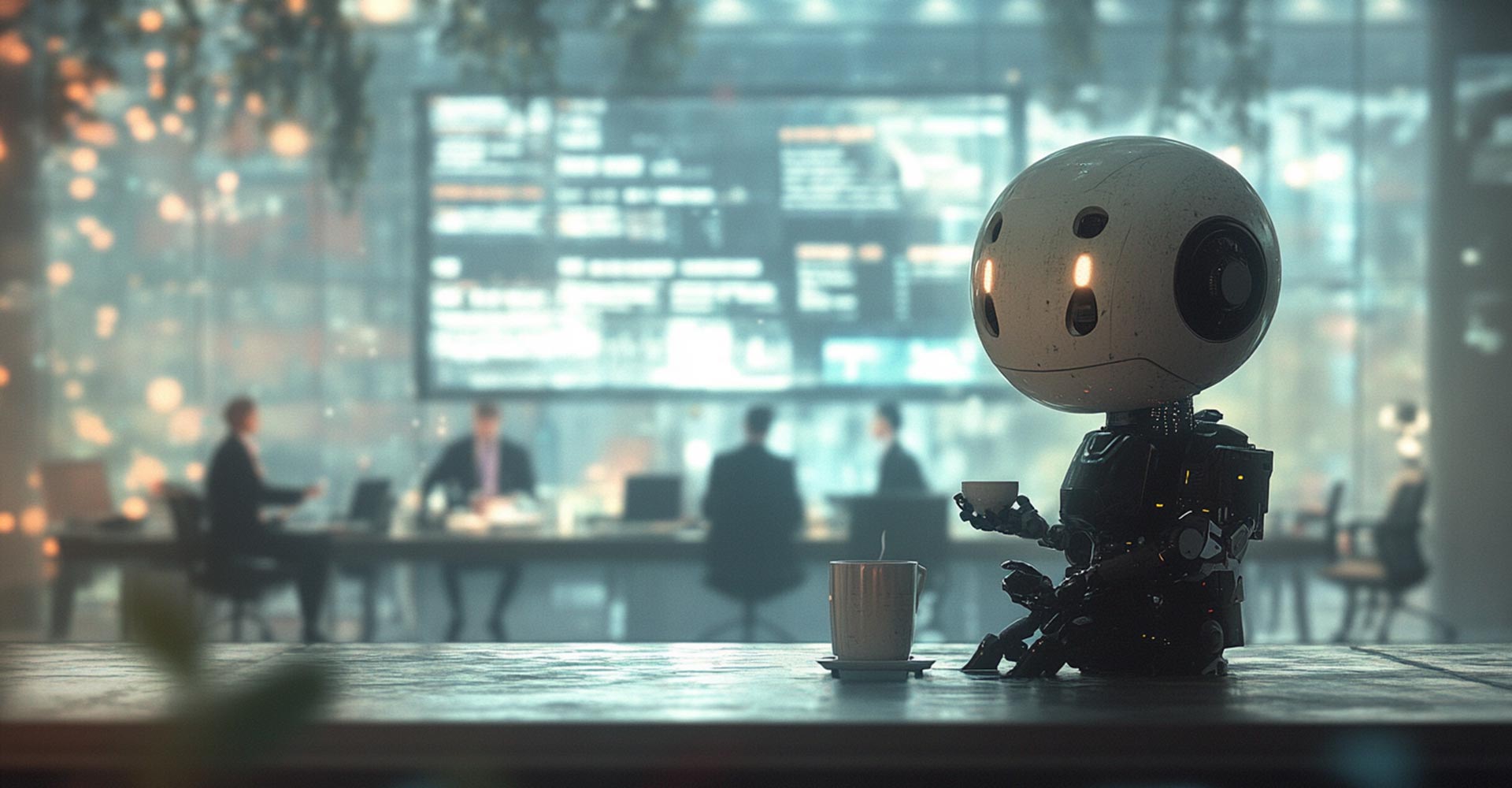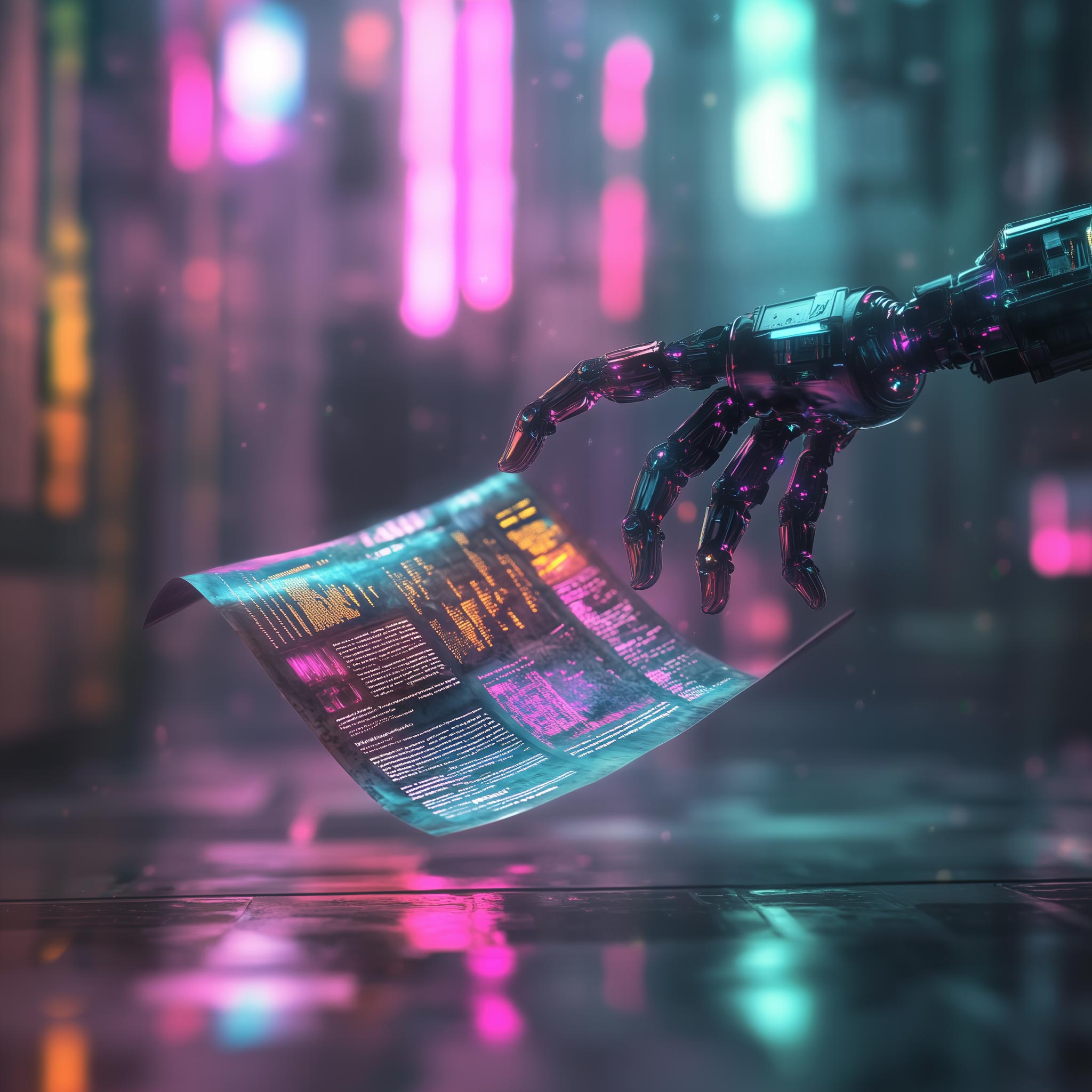The Weekly AI Roundup: March 10-16, 2025
Ah, another week, another slew of AI updates that make you wonder if the machines are plotting world domination—or just getting really good at customer service. Here’s everything you need to know about what’s been shaking up the AI world this past week.
1. OpenAI Decides to Play Politics
OpenAI took a break from making chatbots sound more human and instead threw its hat into the governance ring. On March 13th, the AI giant released a policy framework advocating for safety, transparency, and—wait for it—global cooperation. Cynics on X (formerly Twitter, because of course, it is) were quick to call it a PR move, suggesting OpenAI is just trying to stay ahead of regulators before they get ahead of it. Regardless, this marks a big step in AI companies shaping the rules before the rules shape them.
Meanwhile, the News Media Alliance chimed in, reminding everyone that AI-generated content shouldn’t trample on copyright laws (because journalists also like to get paid). And let’s not forget the National Association of Counties, which outlined plans to make AI literacy a thing—because explaining ChatGPT to your grandmother just wasn’t hard enough already.
2. The Tech That’s Powering the Future
Google DeepMind dropped a fresh take on Distributed Low-Communication Training, affectionately called “Streaming DiLoCo.” If that sounds like a futuristic jazz band, it’s actually a way to train AI models more efficiently—great news for smaller players who don’t have access to supercomputing behemoths.
Baidu wasn’t about to be left in the dust, unveiling two new models—ERNIE 4.5 and ERNIE X1—claiming they can match top competitors at half the cost. More AI for less money? We’ll believe it when we see the inference benchmarks.
Then there’s Nvidia, which quietly started shipping its much-hyped Blackwell AI chips. Expect AI-powered everything (including the toaster you didn’t ask to be connected to the internet) to get even more powerful in the coming months.
3. AI in the Wild: Manufacturing and Healthcare Shake-Ups
Remember when factories had people in them? Well, Xiaomi’s fully automated factory in Changping, China, is challenging that notion, rolling out one smartphone per second with zero human workers. The term “dark factories” is now trending—not because they’re sinister, but because they literally don’t need lights. AI’s impact on manufacturing is staggering, but the question remains: what happens to all the displaced workers?
Meanwhile, in healthcare, AI nurses are rolling out across hospitals to address staff shortages. While they excel at checking vitals and managing schedules, there’s concern over their ability to provide the empathy and bedside manner that make human nurses irreplaceable. (No, AI can’t pat your hand reassuringly. Yet.)
4. AI Conferences: Where the Big Brains Gather
Las Vegas hosted the HumanX 2025 conference last week, where experts debated the future of AI, whether Agentic AI will run the world, and if AI could cause economic deflation (because cheap efficiency isn’t always good for profits). CFOs were encouraged to get more involved in AI adoption—because let’s face it, someone has to figure out how to afford all this new tech.
5. AI’s Next Frontier: The Path to AGI and Beyond
The march toward AGI (Artificial General Intelligence) continues, with OpenAI leading discussions about ethical frameworks, while Google DeepMind’s tech makes AI training more accessible. Baidu’s reasoning-focused models could be another step toward AI that actually understands what it’s talking about (rather than just predicting the next likely word).
In more left-field AGI research, scientists introduced CompressARC—a new AI that solves puzzles with minimal data, hinting that intelligence might not need a gazillion parameters to be useful. If this scales, it could shake up the whole “bigger is better” approach to AI development.
6. ASI: The Future We’re Not Ready For
Artificial Superintelligence (ASI) is still theoretical, but the week’s discussions at HumanX suggest that its potential arrival is no longer just sci-fi fantasy. Experts are debating whether ASI will be a benevolent guide or the beginning of humanity’s obsolescence. No clear answers yet—just the vague unease that comes with knowing AI is improving faster than our ability to regulate it.
Final Thoughts: Buckle Up, It’s Only Getting Faster
Between tech breakthroughs, policy moves, and new ethical dilemmas, AI isn’t slowing down anytime soon. Whether we’re heading toward an AI utopia or an existential crisis, one thing’s for sure: next week’s updates will be just as fascinating, unnerving, and—if we’re lucky—slightly hilarious.
Stay tuned, and maybe start being extra nice to your Alexa, just in case.



